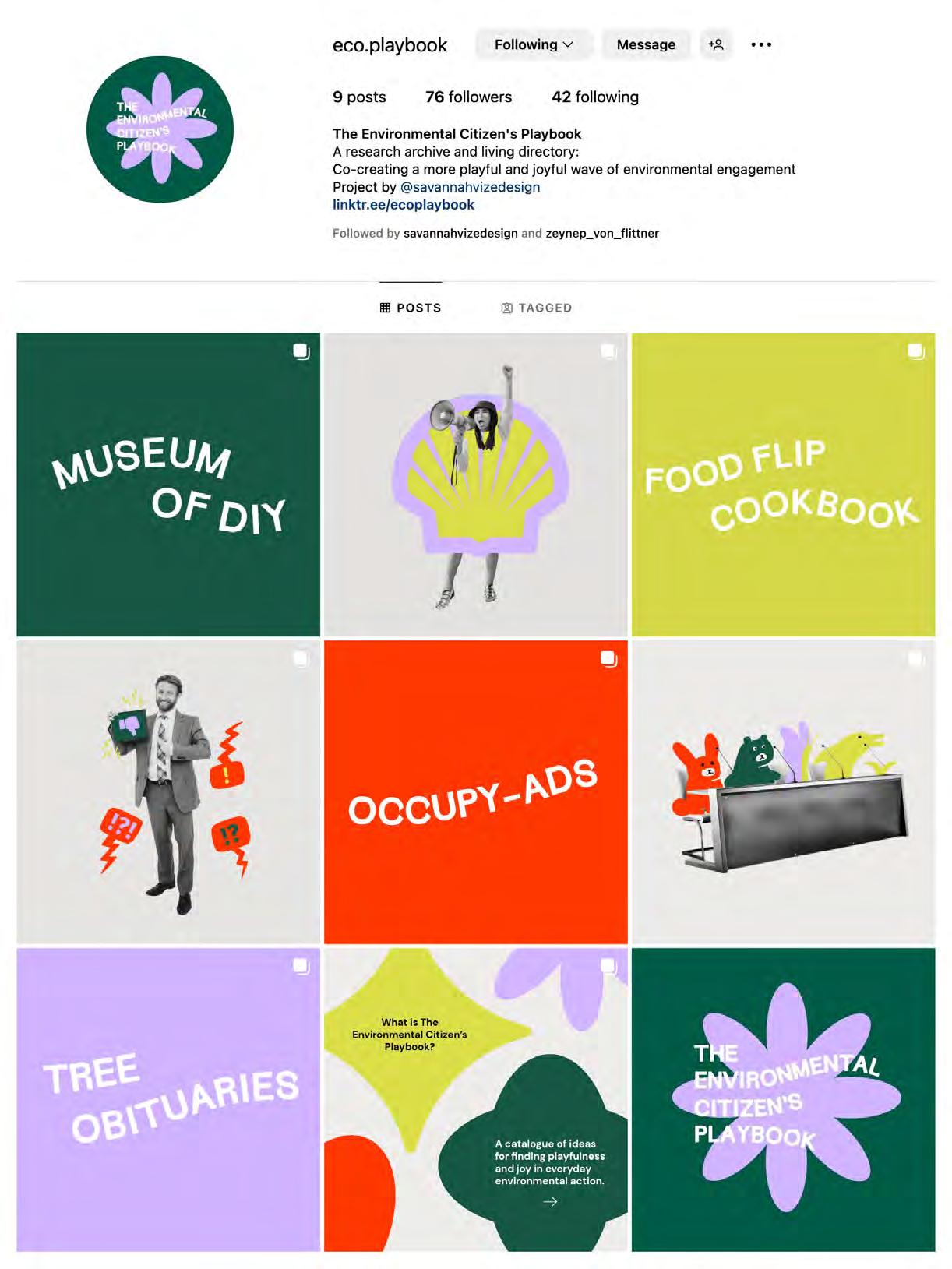
3 minute read
chase enhance deploy
Feedback and discussion influences catalogue amendments
Recruiting and onboarding participants
Research and development of cultural probe packs
Play potentials are packaged as a visual card deck for design ideation
Data themes are conceptualised as “play potentials”
*Using the Situated Play Design methodology, as developed by Altarriba Bertran, F. et al (2019).
Co-design workshop 2
Co-design workshop 3
Catalogue is shared through asychronous interviews
Catalogue and card deck are shared as open source resources
Play is fun
Play is curious and creative
Play is social
Play is escapism
Playfulness for wellbeing
Creating calm, recognising feelings and emotions to enable long-term engagement
Catalysing creativity, solutions oriented conversation and action
Playfulness for action
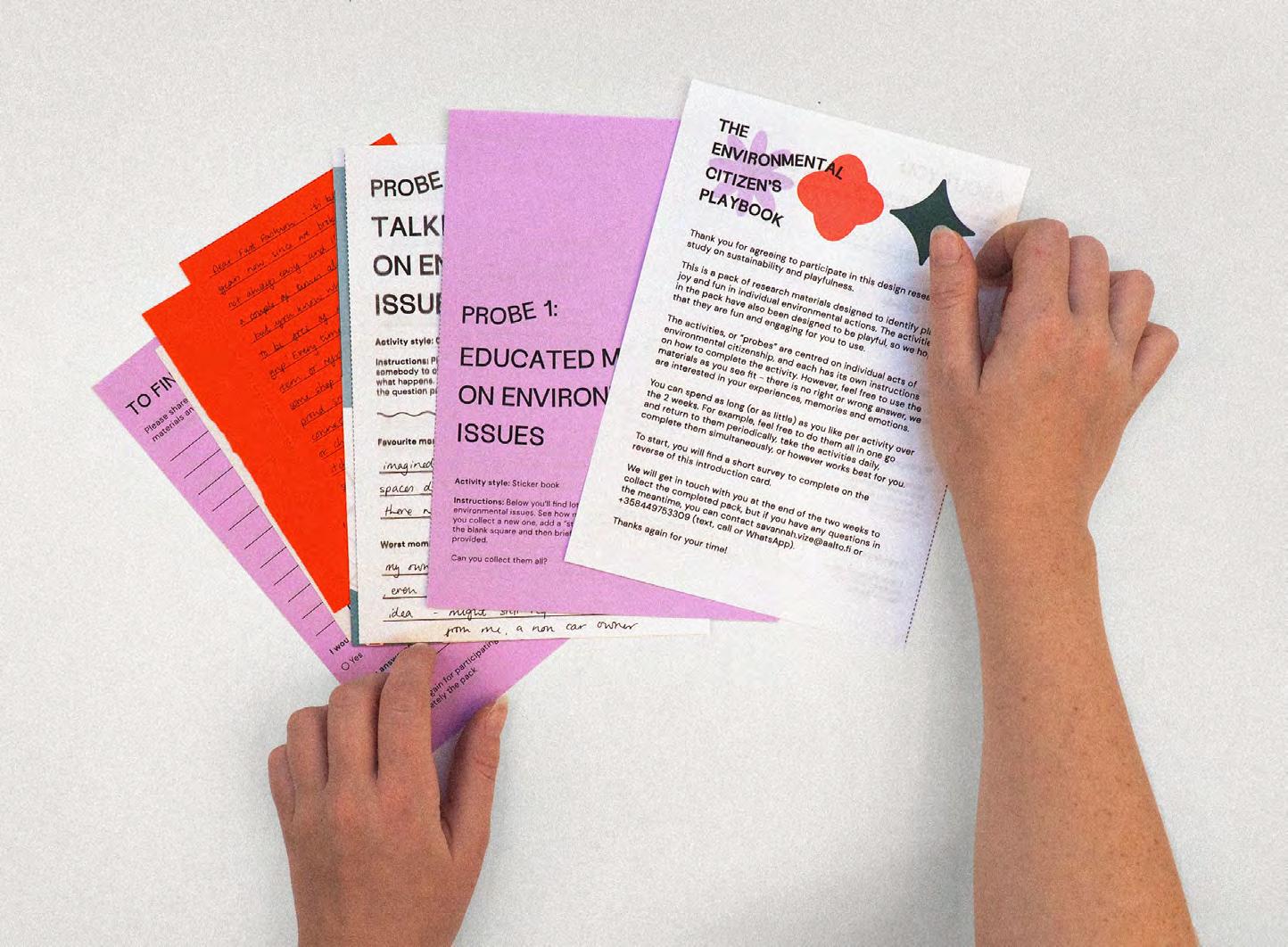




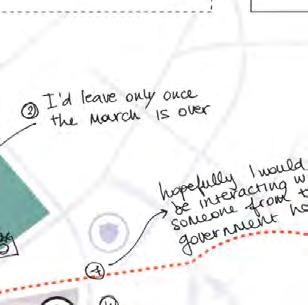
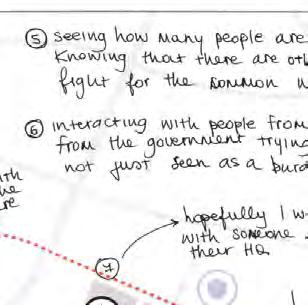
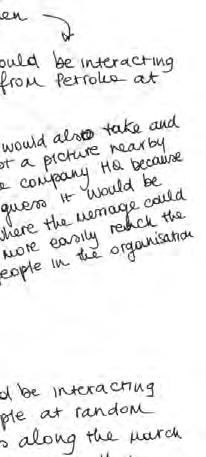
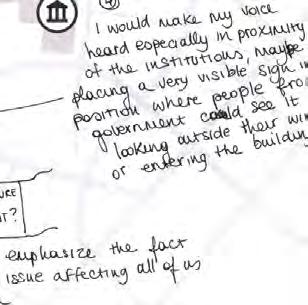
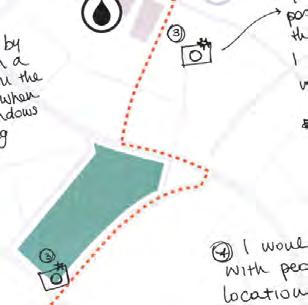
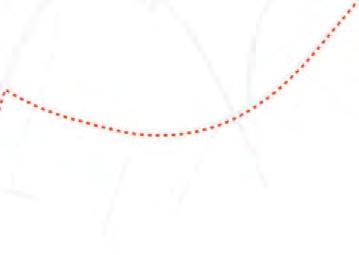



Play theme
Play type
“Plastic Free July was fun and challenging - it forced me to go out in the world and discover new alternatives and different ways of doing things”
Illustration
Description
To be sustainable often means to make certain sacrifices - whether that be in our diet, in our hobbies, travel plans or fashion choices. But sometimes these new parameters can add new discoveries and exciting challenges to our lives.
What might we design or create to make these sustainable sacrifices and new ways of living more intrinsically fun?
A creative prompthow can we find this playfulness more often? How do we make spaces for it?
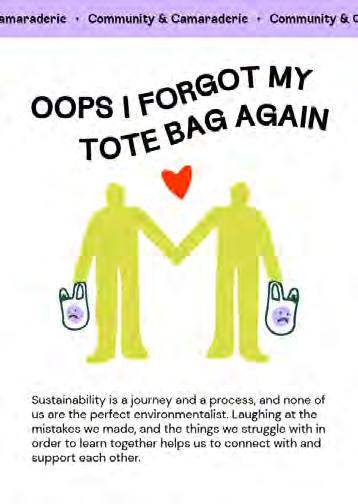
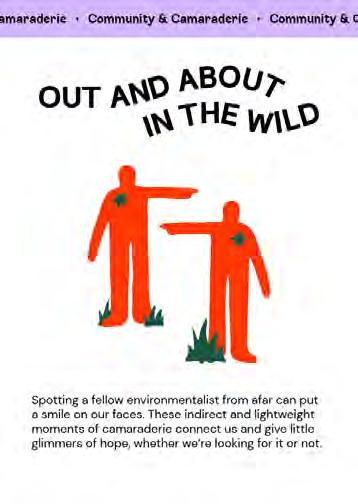




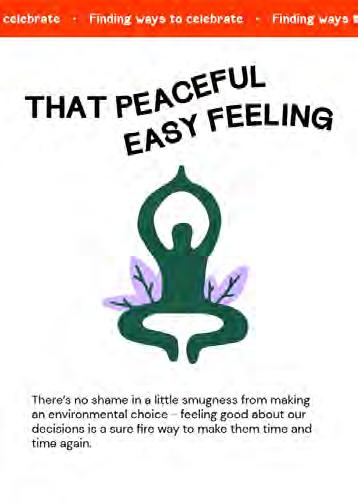

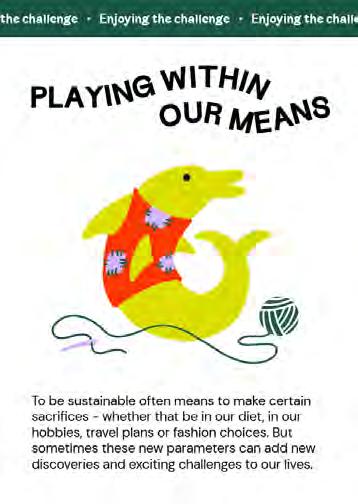

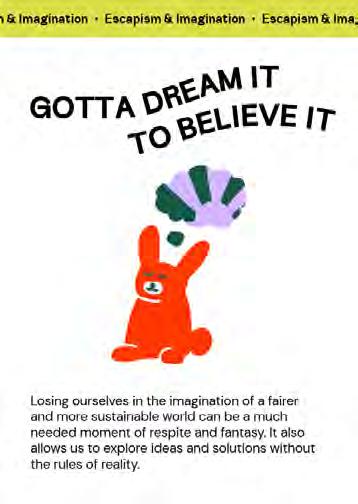
Further information
Welcome to the Environmental Citizen’s Playbook workshop resources! Here you’ll find information and materials to guide you on how to run your own workshop exploring play, joy and environmental sustainability. Designed as a part of a Savannah Vize’s master’s thesis in Creative Sustainability at Aalto University, this workshop facilitates a co-design process of imagination and invention, to dream of speculative interventions, processes, nudges, interactions and futures to make our everyday interactions with environmental sustainability more playful. The following document provides instructions for facilitators to independently run the workshop, in both online and inperson formats.
At this link, you will also find downloadable materials for print and digital use to support the workshops.
If you host your own workshop, please get in touch at savannahvizedesign@gmail.com and share your photos and outputs with @eco.playbook on Instagram.
If you’re interested in reading more about the research enquiry and its outputs, head over to linktr.ee/ecoplaybook
This workshop has been designed to explore the topics of play and sustainability in the most playful and fun way possible. The ground rules explained later in this document reflect this by creating a safe and flexible space for discussion and actively encourages personal interpretation and diverse approaches throughout.

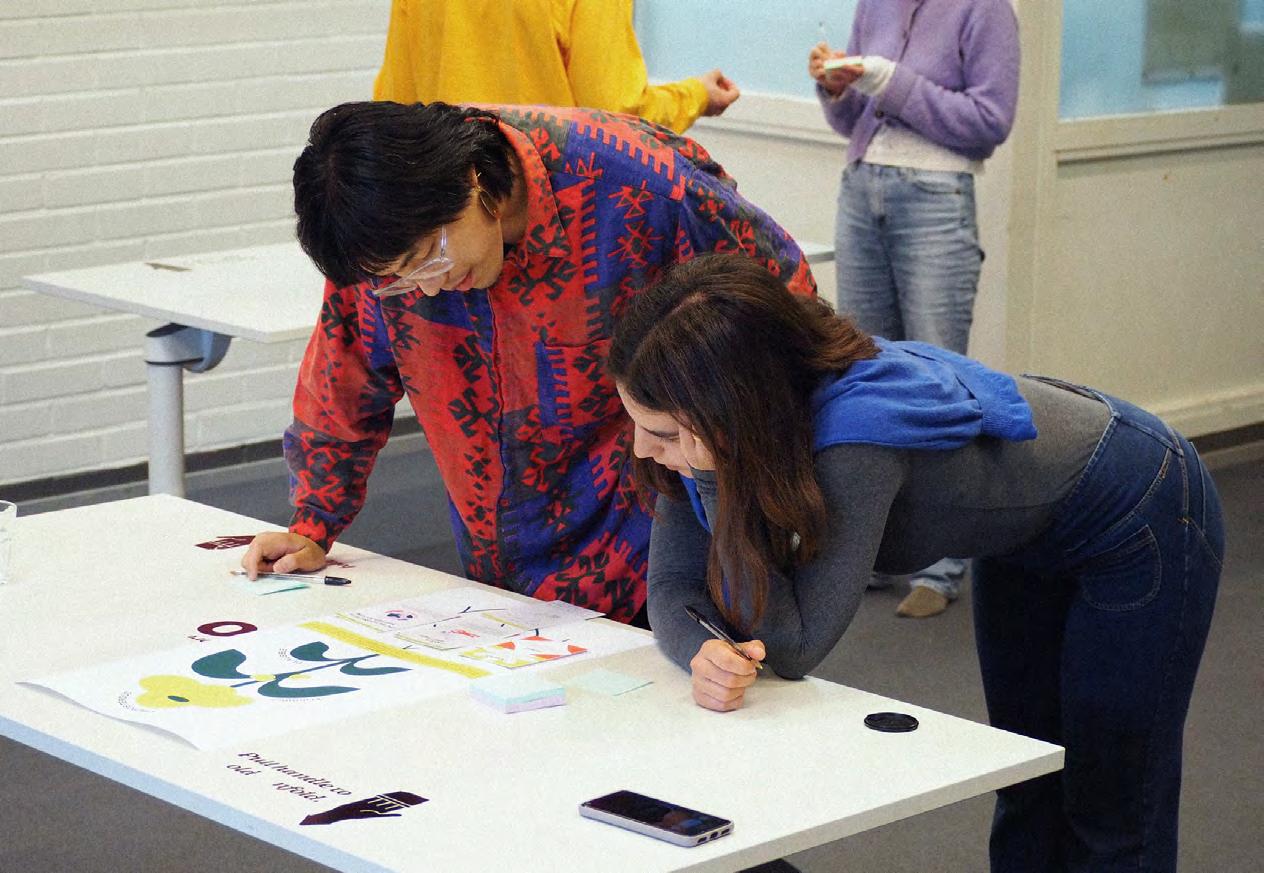
This is also true for the facilitation of the workshop! Whilst this pack outlines the original structure and activities, the entire format is open to your personal expertise and interpretation as a facilitator. Please feel empowered to modify and change the workshop so as to best fit your facilitation style, your workshop goals, or the needs and strengths of the participant group.
Here’s some suggestions to get ready for your own workshop:
1. Invite your participants Included in the materials is an editable invitation to the workshop. Use this, or whichever format you prefer to invite your participants to the workshop ahead of time.
2. Familiarise with the play potential card deck In the card deck are 14 individual cards, organised under four key themes - as these form the foundation for most of the workshop, it’s recommended to have a read through the pack and familiarise yourself with the various ideas. Read the full pack here
3. Run through and modify the presentation template if needed Also included in the materials section is a presentation template using Google slides. Make a copy of your own so you can amend the timings, write your own ground rules etc.
The workshop has been designed to take two hours, including a short break and time for free discussion and feedback at the end. The following agenda and activities section detail how these two hours are used.
If you are short on time, the workshop can be completed in one and a half hours. To do this, it’s recommended to shorten the main activity and time left for open discussion at the end.
Before the workshop: Preliminary workshop thinking task
0-10 minutes:Introduction
10-35 minutes: Warm up group exercise
35-80 minutes: Main activity
~ 10 minute break ~
90-100 minutes:Exhibition and voting activity
100-120 minutes:Discussion and wrap up
A catalogue of ideas and joy in everyday environmental action.
The Food-Flip Cookbook is a gamified recipe book, challenging you to create more sustainable versions of your favourite meals. Choose a meal and difficulty level, and enjoy the challenge of creating something new. Can you reach the expert level of 100% vegan?
Play potentials: You better think twice
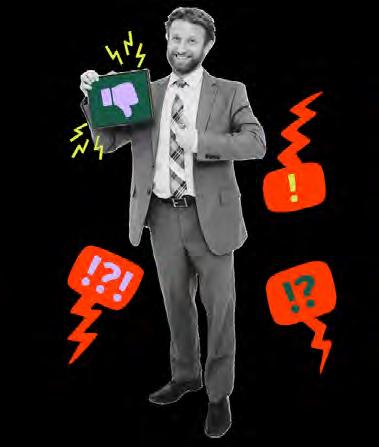
We’re bringing in all the voices of mother nature with a policy advisory board made up of individuals representing areas’ key species. With a Multi-species Citizen Assembly in every county, borough or state, policy makers and citizens alike will have to engage with and carefully consider these other perspectives.
Play potentials: On the phone with mother nature
9
Ever wondered what the local birds are thinking about that new development across the road? Wonder no more! The Multispecies Translator is a translation device that not only lets us understand barks, meows, chirps and ribbets, but also helps us hear the needs and viewpoints of all plants, beings and processes of nature.
Play potentials: On the phone with mother nature
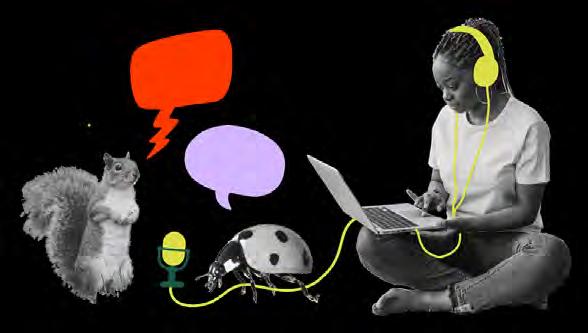

8
Failed Earth is a televised fake awards ceremony to hand out trophies to politicians and corporations on their broken promises, missed goals and environmental nightmares. Join us as we poke the bear and hold him accountable.
Play potentials: Poking the bear
24

